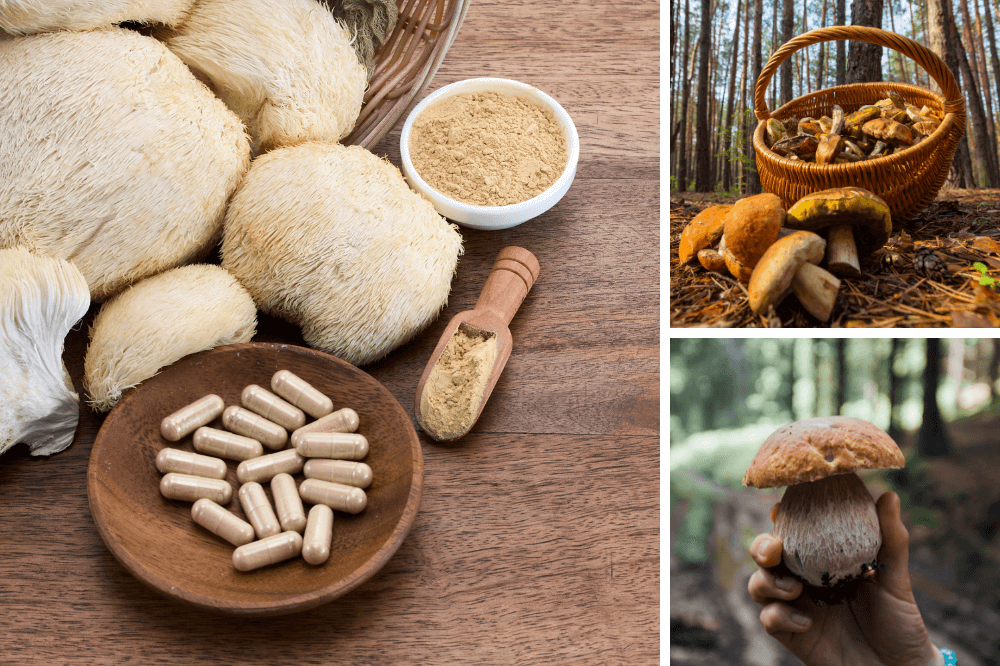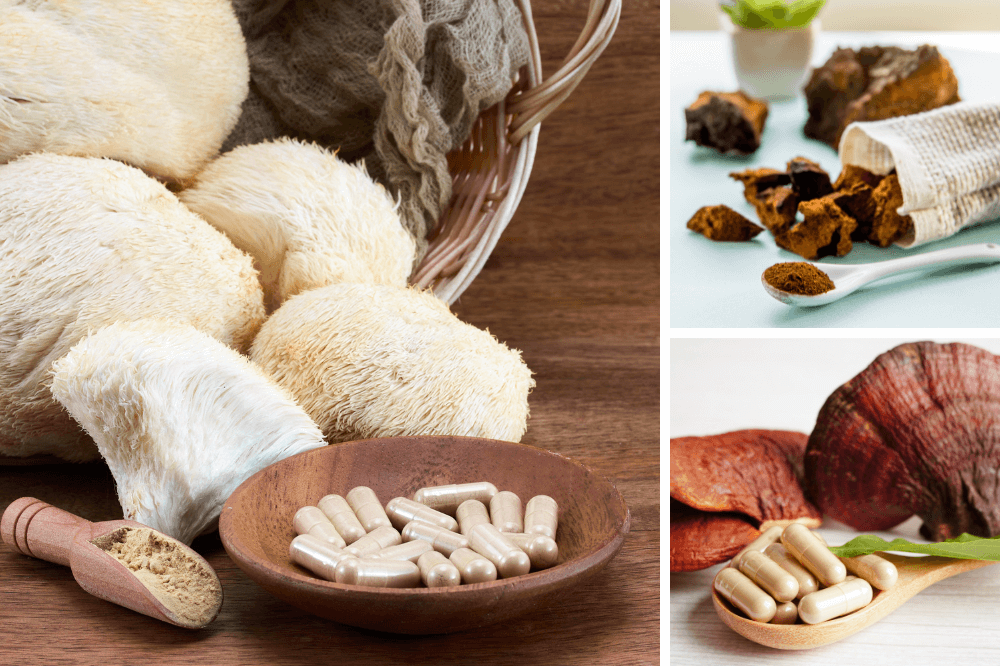Key Takeaways:
- Cica, derived from Centella Asiatica, is known for its collagen-boosting properties.
- Incorporating cica into your skincare routine can improve skin elasticity and texture.
- Cica is beneficial for various skin types, including acne-prone and sensitive skin.
Cica, or Centella Asiatica, has been a cornerstone in traditional Chinese medicine for centuries, revered for its healing abilities. But in recent years, the skincare world has been abuzz with the question: does cica boost collagen? Let's dive into the science behind cica and its role in collagen synthesis, skin health, and whether it deserves a spot in your skincare routine.
Cica and Collagen Synthesis: The Connection
Cica, also known as tiger grass or gotu kola, is a medicinal herb used in traditional medicine to heal wounds and soothe skin irritation. But what about its role in collagen production? Collagen is the protein responsible for maintaining skin elasticity and firmness. As we age, our body's ability to produce collagen diminishes, leading to skin aging and the appearance of fine lines.
Studies have shown that cica contains natural bioactive substances, including asiatic acid, madecassic acid, and asiaticoside, which can stimulate collagen synthesis. These active compounds work at the cellular level to support the skin's structural integrity, leading to smoother skin and a more youthful appearance.
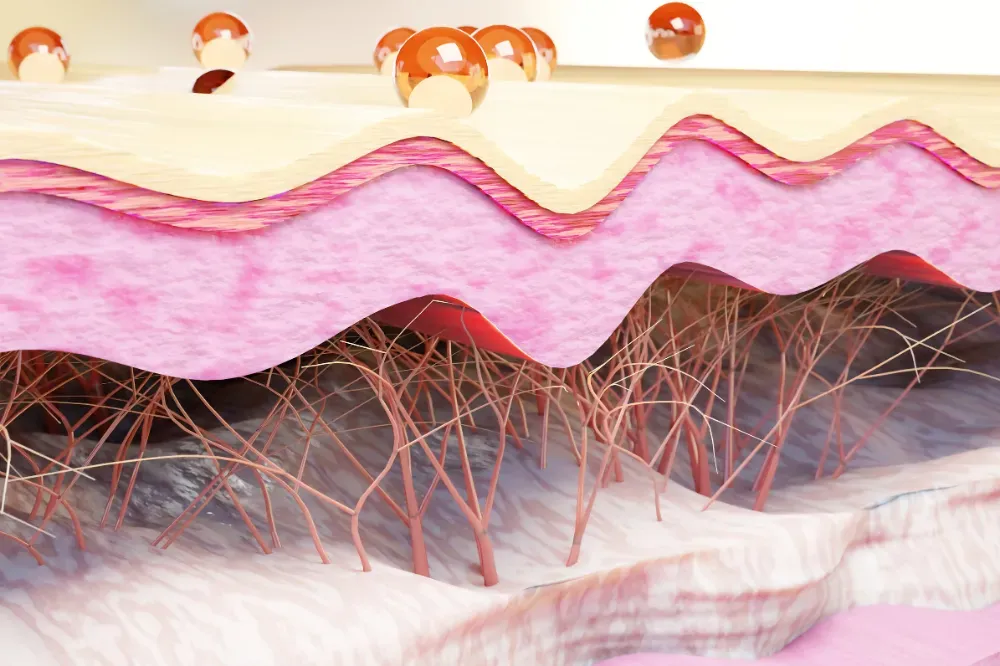
The Soothing and Healing Properties of Cica
Cica's soothing properties are not just folklore. Its anti-inflammatory activity helps calm irritated skin and reduce redness, making it an ideal ingredient for those with acne-prone skin or conditions like atopic dermatitis. The herb's ability to improve skin barrier function also contributes to its healing prowess, protecting the skin from environmental stressors and moisture loss.
Cica for Acne Prone Skin: A Natural Solution
Acne-prone skin can benefit significantly from cica's soothing and healing properties. The herb's anti-inflammatory properties help to soothe irritated skin and reduce the inflammatory reaction that can lead to acne. Additionally, cica's ability to enhance skin barrier function means it can help prevent the penetration of acne-causing bacteria. At the same time, its hydrating benefits ensure that the skin remains balanced and less prone to breakouts.
Cica and Skin Barrier Function: A Dynamic Duo
A healthy skin barrier is essential for maintaining skin hydration and protecting against irritants. Cica's fatty acids and amino acids play a crucial role in reinforcing the skin's barrier function, particularly the stratum corneum hydration. This not only helps to prevent dry and sensitive skin but also aids in wound healing and scar maturation, including the appearance of scars from conditions like acne or stretch marks.
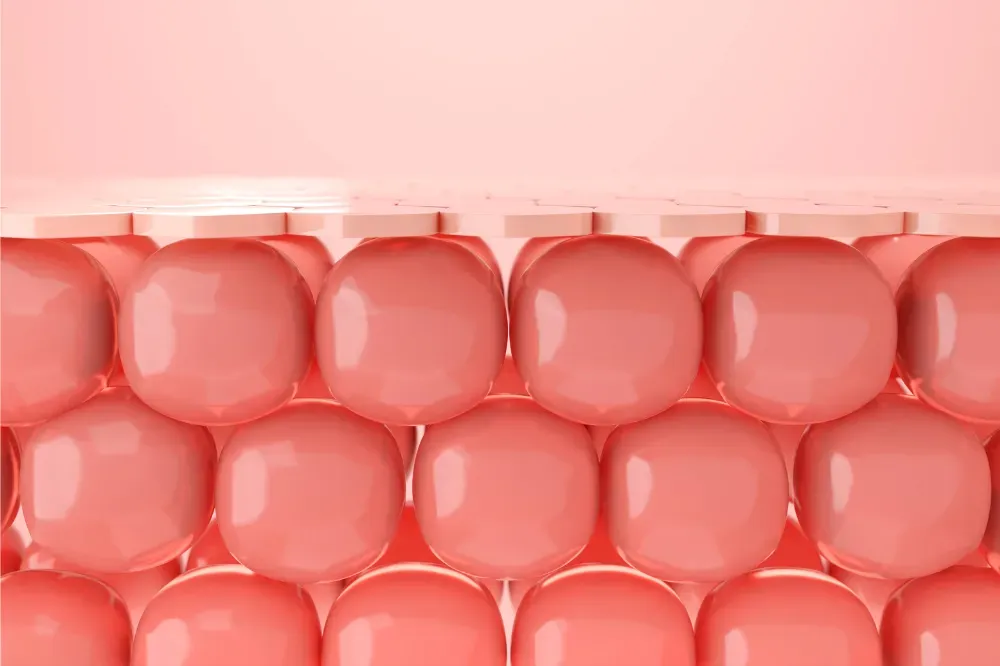
Incorporating Cica into Your Skincare Routine
Adding cica to your skincare routine is straightforward. Cica skincare products, such as cica creams and based serums, are formulated to deliver the plant's benefits directly to your skin. For best results, use these products consistently as part of your daily regimen, especially if you're looking to improve skin elasticity, texture, or soothe skin conditions.
The Role of Cica in Wound Healing and Scar Maturation
Cica's reputation in traditional medicine as a wound-healing agent is backed by modern research. The active ingredients in cica, including asiatic acid and madecassic acid, have been shown to promote wound healing by increasing blood circulation and collagen production at the site of injury. This not only accelerates the healing process but also aids in the maturation of scars, making cica an effective ingredient for those looking to minimize the appearance of scars.
Cica and Dry and Sensitive Skin: A Gentle Approach
For those with dry and sensitive skin, cica offers a gentle yet effective solution. Its hydrating benefits help to alleviate dryness without causing irritation, while its soothing properties can help to reduce itchiness and discomfort. Cica products are often formulated with additional moisturizing ingredients like hyaluronic acid to enhance their hydrating and soothing effects.
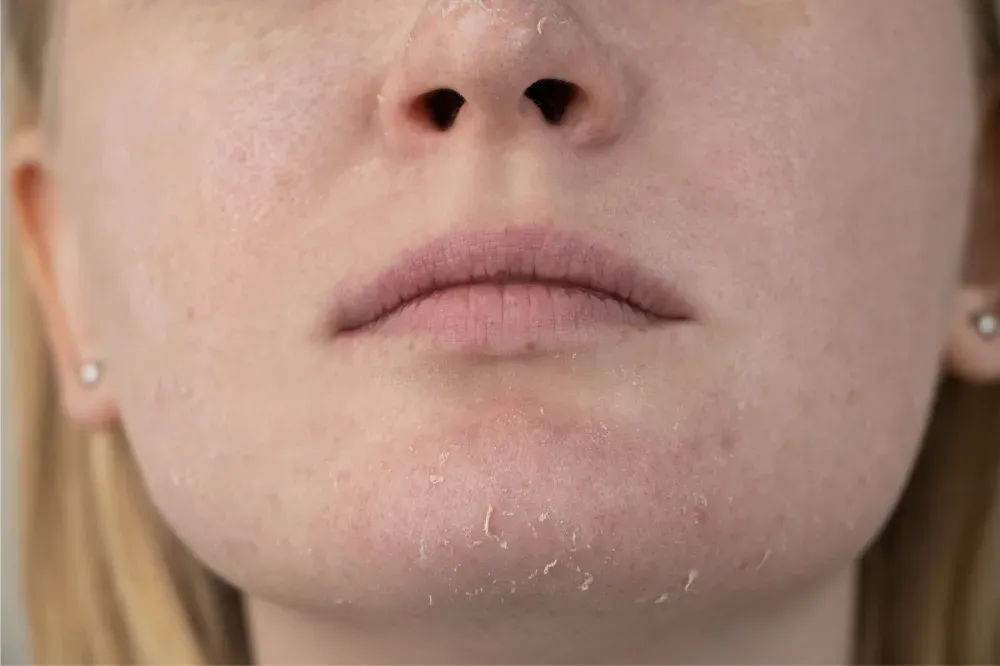
The Antioxidant Properties of Cica: Fighting Skin Aging
Cica is not only about soothing and healing; it also boasts antioxidant properties that help in scavenging free radicals caused by UV rays and pollution. These antioxidants, including phenolic acids and flavonoids, help to protect the skin from oxidative stress, which can lead to premature aging and skin damage.
Cica in K-Beauty Products: A Staple Ingredient
In recent years, Korean beauty products, or K-beauty, have popularized cica as a skincare ingredient. Centella asiatica extract is now a common feature in new products, from masks to serums, praised for its collagen-boosting properties and ability to soothe skin. K-beauty's emphasis on a meticulous skincare routine has helped cica gain international recognition.
The Science Behind Cica: Clinical Studies and Evidence
Clinical studies have provided evidence of cica's benefits for the skin. Research has shown a significant increase in collagen synthesis and improved epidermal barrier function with the use of cica. These findings support the claims of cica's role in promoting a healthy skin barrier and enhancing the skin's natural ability to produce collagen.
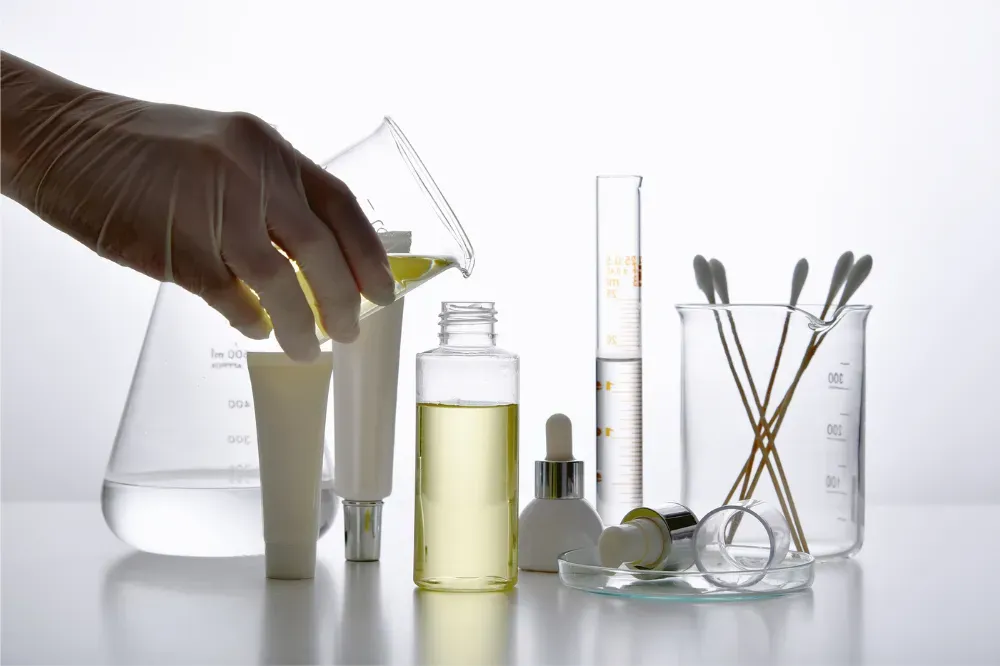
Cica and Its Compatibility with Other Skincare Ingredients
To enhance its effects, Cica pairs well with other skincare ingredients, such as vitamin C and salicylic acid. Vitamin C is known for its role in collagen synthesis, while salicylic acid helps to exfoliate the skin and clear pores. When used together, these ingredients can complement the benefits of cica, leading to even better skincare outcomes.
Choosing the Right Cica Product: Tips and Considerations
When selecting a cica product, it's important to consider your skin type and concerns. Look for products that are formulated for your specific needs, whether it's for acne scars, dry skin, or skin aging. Always perform a patch test to ensure you don't have an allergic reaction to the product, and consult with a dermatologist if you have any doubts.
Summary
Cica, with its rich history in traditional medicine, has proven to be a powerful ally in skincare. Its ability to boost collagen production and its soothing, healing, and hydrating benefits make it a versatile ingredient suitable for various skin types and conditions. By incorporating cica into your skincare routine, you can help maintain a healthy skin barrier, improve skin texture and elasticity, and combat the signs of aging.
FAQ Section
Q: Can cica be used on all skin types? A: Yes, cica is suitable for all skin types, including sensitive and acne-prone skin. However, doing a patch test before incorporating any new ingredient into your skincare routine is always recommended.
Q: How often should I use cica products for best results? A: For best results, use cica products as directed on the packaging, typically once or twice daily. Consistency is key when it comes to seeing improvements in your skin.
Q: Are there any side effects to using cica in skincare? A: Cica is generally well-tolerated, but as with any skincare ingredient, there's a chance of an allergic reaction. If you experience any irritation or adverse effects, discontinue use and consult a healthcare professional.










